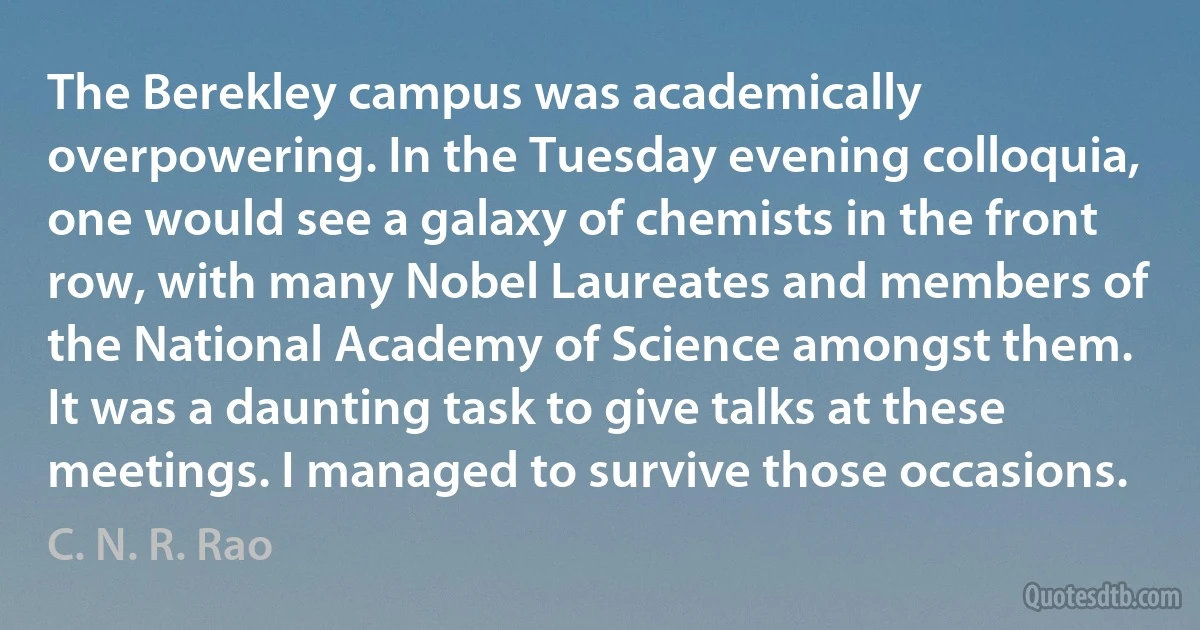Occasions Quotes - page 10
We can trace the woman as reward trope all the way back the beginning of the medium itself as [...] upon successful completion of many arcade games players were rewarded with a related smooch of victory trope, so named for the kiss the hero received as a reward for rescuing a kidnapped princess. Sometimes the prize is blatant as with the standard hero reward in which the king will give his daughter to the hero. On other occasions it's taken a step further by employing the parallel of sex for victory or rescue sex trope.

Anita Sarkeesian
In the Roman de la Rose, we read of a dance, the name of which is not recorded, performed by two young women lightly clothed. The original reads, "Qui estoient en pure cottes, et tresses a menu tresse;" which Chaucer renders, "In kyrtels, and none other wede, and fayre ytressed every tresse." The French intimates that their hair was platted, or braided in small braids. The thin clothing, I suppose, was used then, as it is now upon like occasions, to show their persons to greater advantage. In their dancing they displayed a variety of singular attitudes; the one coming as it were privately to the other, and, when they were near together, in a playsome manner they turned their faces about, so that they seemed continually to kiss each other.

Joseph Strutt
It has been remarked by foreigners that the English are particularly fond of bell-ringing; and indeed most of our churches have a ring of bells in the steeple, partly appropriated to that purpose. These bells are rung upon most occasions of joy and festivity, and sometimes at funerals, when they are muffled, and especially at the funerals of ringers, with a piece of woolen cloth bound about the clapper, and the sounds then emitted by them are exceedingly unmelodious, and well fitted to inspire the mind with melancholy... Ringing the bells backwards is sometimes mentioned, and probably consisted in beginning with the largest bell and ending with the least; it appears to have been practiced by the ringers as a mark of contempt or disgust.

Joseph Strutt
We may also observe, that, upon these occasions, the female Nimrods dispensed with the method of riding best suited to the modesty of the sex, and sat astride on the saddle like the men; but this indecorous custom, I trust, was never general, nor of long continuance, even with the heroines who were most delighted with these masculine exercises. An author of the seventeenth century speaks of another fashion, adopted by the fair huntresses of the town of Bury in Suffolk. "The Bury ladies," says he, "that used hawking and hunting, were once in a great vaine of wearing breeches," which it seems gave rise to many severe and ludicrous sarcasms. The only argument in favour of this habit, was decency in case of an accident. But in a manner more consistent with the delicacy of the sex, that is, by refraining from those dangerous recreations.

Joseph Strutt
According to some of the pious writers of antiquity, they made large fires, which might be seen at a great distance, upon the vigil of this saint [John], in token that he was said in holy writ to be "a shining light." Others, agreeing with this, add also, these fires were made to drive away the dragons and evil spirits hovering in the air; and one of them gravely says, in some countries they burned bones, which was called a bone-fire; for "the dragons hattyd nothyng mor than the styncke of brenyng bonys." This, says another, habent ex gentilibus, they have from the heathens. The author last cited laments the abuses committed upon thes occasions. "this vigil," says he, "ought to be held with cheerfulness and piety, but not with such merriment as is shewn by the profane lovers of this world, who make great fires in the streets, and indulge themselves with filthy and unlawful games, to which they add glotony and drunkenness, and the commission of many other shameful indecencies."

Joseph Strutt
During the war years, it was my privilege to associate on a number of occasions with prominent personalities, such as Senator Harry S Truman, for whom my battalion staged an artillery demonstration when he visited Fort Bragg in 1941. When I invited him to fire, he did so with confidence. Shaking my hand as he departed, he said that as an old artilleryman he recognized that the fire mission was uncomplicated and that, even so, he suspected the crews had helped him hit the target. "I enjoyed it anyway," he said. When I was in Vietnam, a then former President Truman wrote me a letter of encouragement.

William Westmoreland
When I travel overseas on many occasions, I get pulled out because I may be buying a one-way ticket, I may be traveling with my sister and we have different last names. That's smart profiling. Just pulling people out one at a time when we have millions of passengers in random screenings I'm not sure is the best way to do it.

Aaron Schock
There will be very few occasions when you are absolutely certain about anything. You will consistently be called upon to make decisions with limited information. That being the case, your goal should not be to eliminate uncertainty. Instead, you must develop the art of being clear in the face of uncertainty.

Andy Stanley
Parents should be vigilant and spiritually attentive to spontaneously occurring opportunities to bear testimony to their children. Such occasions need not be programmed, scheduled, or scripted. In fact, the less regimented such testimony sharing is, the greater the likelihood for edification and lasting impact.

David A. Bednar



